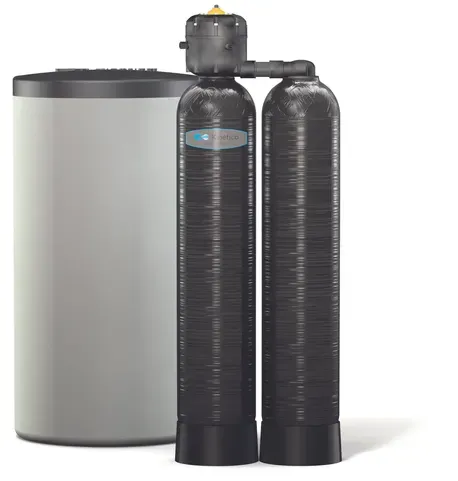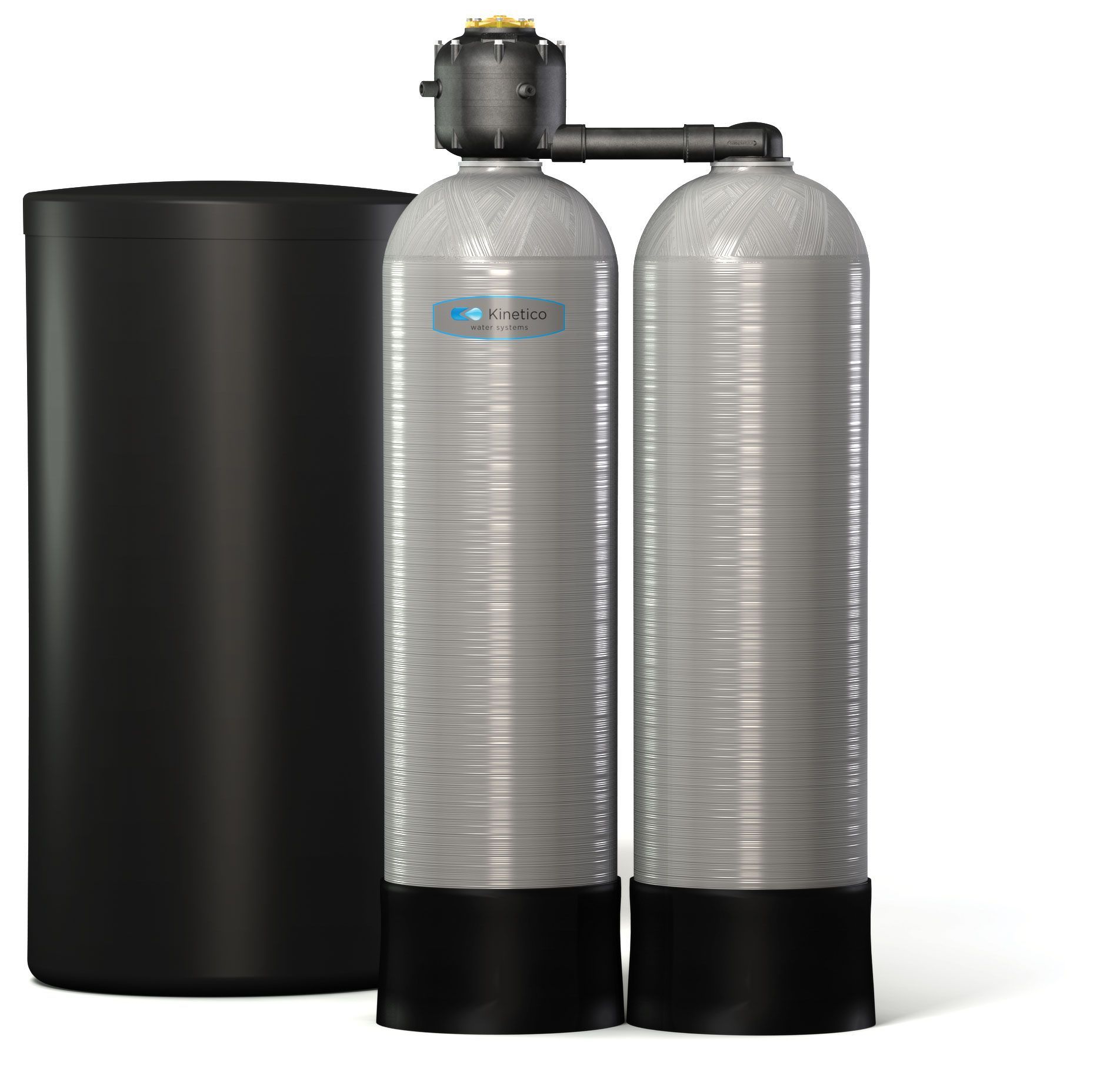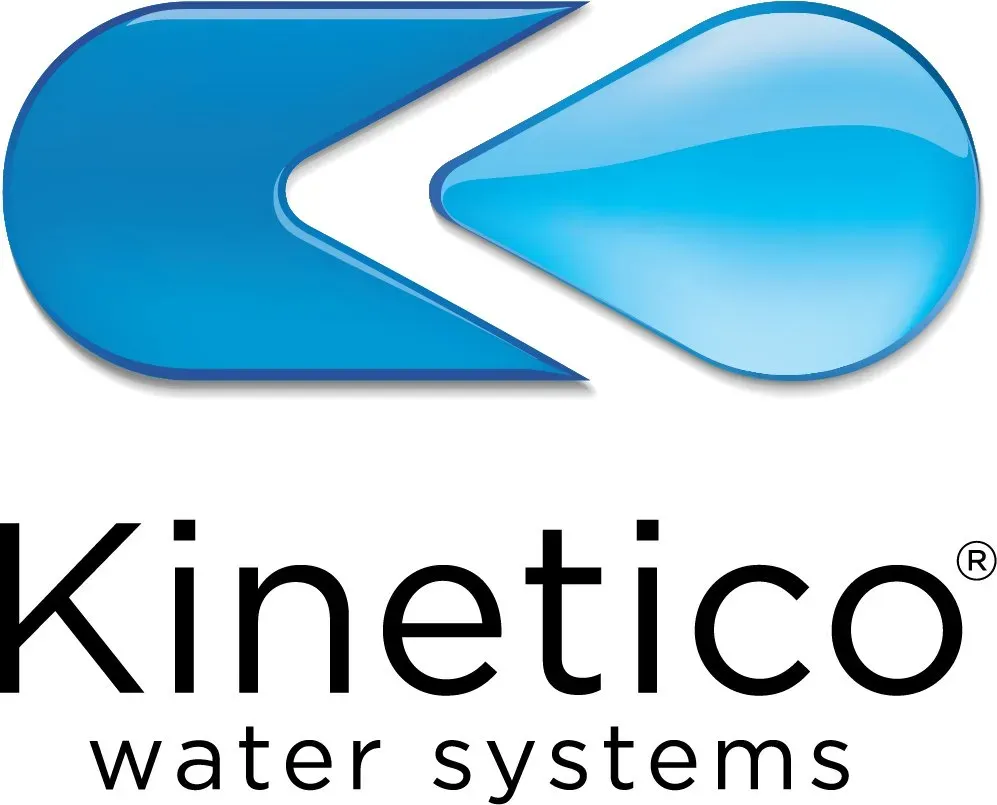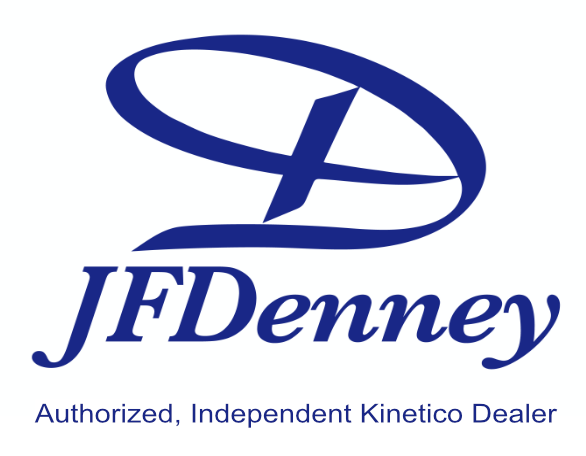What Is A Water Softener?
A water softener is a device that’s designed to remove calcium, magnesium, and other minerals from your water supply. It does this by passing the water through charged resin beads that attract and exchange with ions in the mineral-rich water supply. When the process is complete, the minerals are released into a brine tank and flushed out of the system while softer, better-tasting water is delivered throughout your home.
How Does A Water Softener Work?
The Water Softening Process
Have you ever wondered how a water softener works? All water softeners work on a principle known as "ion-exchange" where hardness mineral ions (typically calcium and magnesium) are replaced with soft sodium ions. The resin beads contain tiny charged particles that attract the minerals in the water supply and exchanges them with the sodium ions found in salt brine. Although salt is used in these water softening systems, they do not produce salty water. This process reduces the hardness of the water, resulting in softer, better-tasting water supply that is free of harmful minerals.
What Is The Regeneration Process For Water Softeners?
Regeneration is the process by which water softeners renew their cleansing abilities. During the process, a brine solution made of salt and water is used to flush out built-up minerals, dirt, and other particles in the resin bed. This brushing off of the resin bed gives it a fresh start for a new round of filtration, allowing your water softener to continue functioning properly.
Depending on the type of water softener you have, the regeneration process may be manual or automatic. Manual regeneration requires you to manually initiate and control the clean cycle. Automatic regeneration initiates itself when sensing a decrease in the clarity of water that is treated through it due to trapped particles or minerals in the bed. Additionally, there are two main methods for completing a regeneration cycle: timed-initiated and demand-initiated. With timed-initiated systems, cycles are based on predefined times that you set ahead of time. With demand-initiated systems, cycles are triggered when specific amounts of water have been used by your household.
Why Do Water Softeners Need Regeneration?
Eventually, the beads in a water softener contain nothing but calcium and magnesium ions and stop being effective.
To refresh the system and make the water softener work with normal operation, it must periodically go through the regeneration process. In a regeneration cycle, a brine solution of sodium chloride—made from salt pellets or block salt—is flushed through the system, which replaces all calcium and magnesium in the system with sodium.
The calcium and magnesium, along with the remaining brine solution, is then drained into the home wastewater system.

Hard Water Versus Soft Water
What is Hard Water?
Hard water is naturally occurring and contains hardness minerals like calcium and magnesium. It can have many beneficial effects on your skin and hair, such as moisturizing and removing soap residue, but it can also lead to scaling in pipes, fixtures, and plumbing systems.
The most common signs of hard water in your home are white deposits, also known as hard water deposits, left on fixtures and worn clothes, as well as clogged pipes due to mineral build up. Additionally, hard water can make soap less effective, leaving a soapy residue on dishes, clothing and skin. Often times, showers or baths can also be affected; water may feel “slippery” or it may form bubbles that don’t lather shampoo or other soapers products effectively. Scaling on glassware is another common symptom of hard water.
How Do I Test For Hard Water?
Testing the hardness of water at home is easy and can be done with a variety of testing kits. The most common type uses a titration test drop kit, which works by adding drops of test solution to a sample of water until the color of the solution changes. The number of drops it takes will give you an indication of the hardness level; higher numbers indicate harder water. Another type of testing kit uses strips that change color when dipped in a sample - the darker the strip turns, the harder the water. JF Denney can provide you with test strips to see if you have hard water in your home.
What Is Soft Water?
Soft water is a type of water that has gone through some form of water softening process to reduce its mineral content, including calcium and magnesium. This treatment technology reduces the build-up of scale in pipes and plumbing fixtures because these minerals are kept in a highly concentrated solution. Softened water is beneficial for washing clothes and dishes as it helps soap dissolve more easily which means that less soap and laundry detergent are needed. Water using appliances also benefit from soft water and removing hardness minerals.
Kinetico Water Softening Systems
Kinetico Premier Series Water Softeners

Kinetico Premier Series® non-electric water softeners are powered by moving water and have multiple tanks for continuous soft water, even during regeneration. These high-flow systems are comprised of multiple tanks, so you'll have a continuous supply of soft, clean water.
Generous Flow Rates
Designed for homes with larger plumbing and high water use, Premier Series softeners deliver generous flow rates without forfeiting water softness.
On-Demand Regeneration
One tank is always in service while the other tank is either on standby or regenerating. Premier Series systems regenerate at any time of the day or night to ensure you will always have a supply of soft water. So if you have a house full of guests or are washing multiple loads of laundry, you’ll never run out of soft water.
Kinetico Signature Series Water Softeners

Kinetico Signature Series® non-electric, dual tank water softeners provide soft water all the time, at an economical price. Below are some of the benefits you will receive with this water softener system.
Twin Tanks
Kinetico Signature Series water softeners are modeled after our original twin tank, non-electric water softeners that have been solving the water problems for millions of people worldwide for decades.
Non-Electric Operation
Powered by water flow (kinetic energy) instead of electricity, there are no electrical components to repair or replace. You can count on Signature Series water softeners to solve your hard water and soluble iron problems without creating new ones.
Hassle Free and Reliable Operation On Demand
The beauty of a Signature Series water softener is its ability to monitor your water use and regenerate (clean) itself only when needed. If you use a lot of water, your water softener will regenerate more, or it may not regenerate for several days if water usage is low. This efficient approach saves salt, water, money and guesswork.
Soft water, countercurrent regeneration
Signature Series water softeners regenerate using soft water. With soft water regeneration, your system will work better and last longer.
What is Kinetico's Regeneration Process For Water Softeners?
Most water softeners rely on an electric timer to indicate when it’s time to regenerate.
Kinetico systems only regenerate when necessary by metering water usage, so when a Kinetico user goes on vacation, so does the system.
Kinetico systems also regenerate from the bottom up rather than the top down method used by other water softeners. Since the minerals and resin beads tend to settle at the bottom, bottom-up regeneration means the softener’s resin beads are more efficiently cleansed and thoroughly utilized.
Kinetico water softeners are also designed with twin tanks, so while one tank is regenerating, the other is still working, providing conditioned water around the clock at the same full flow level users expect.
Should I Get A Water Softening System?

What Are The Benefits Of A Water Softener?
There are many benefits to installing a water softener in your home such as increased plumbing system longevity, no more soap scum buildup, shinier dishes and laundry from less hard water residue, better skin and hair from softer water and reduction of hard minerals’ harmful effects. Using a water softener also helps protect your appliances by reducing limescale buildup on the interior of machines, which can extend the lifetime of a washing machine or dishwasher by up to 5 years! Softened water can also help your water heater run more efficiently, saving you money on energy bills.
Why Should I Choose JF Denney?

Not all water softeners are created equal. Understanding your water quality and your homes water demands are the first step in finding the best water softener for your needs. For more than 60 Years JF Denney has learned to understand the Kansas City area's water qualities and main concerns to help create a customizable system for your budget and homes demands.
